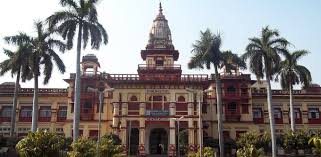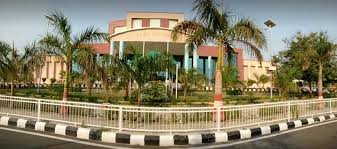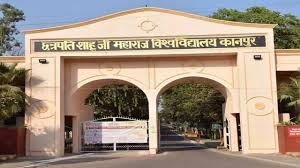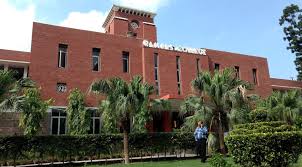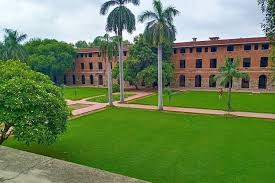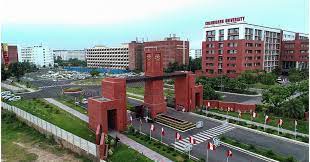Admission procedures to the MA course vary from college
to college. Some institutes take entrance
examinations for admission, while other institutes admit
students on a merit basis. But to get admission
to the MA course, the candidate must meet the
eligibility criteria.
MA Course Eligibility Criteria
MA eligibility criteria will be determined by the type of
MA course selected by the student as well as
the institution offering the course, among other
factors. However, much like various other postgraduate
courses, there are general requirements that each MA
aspirant should satisfy, some of which have been
outlined below:
- Applicants must hold a bachelor's degree, preferably
in the Arts, with a minimum duration of three
or four years, or its equivalent (10+2+3 or 10+2+4).
The degree must come from an institution
approved by India's University Grants Commission, or
UGC
- A minimum of 55% overall in order to graduate
- For those pursuing a four-year degree programme,
passing marks in every topic from the first to
the sixth semester are required, while candidates
pursuing a three-year programme must pass all
papers covering topics from the first to the fourth
semester
Apart from these MA eligibility criteria, universities
and colleges offering the two-year postgraduate
courses of choice may define additional requirements or
specify the minimum requirements to qualify for
enrolment. Therefore, all applicants are advised to
thoroughly read through the admission guidelines
before applying to any university.
MA Admission 2024
The following steps are being taken for the MA admission
process.
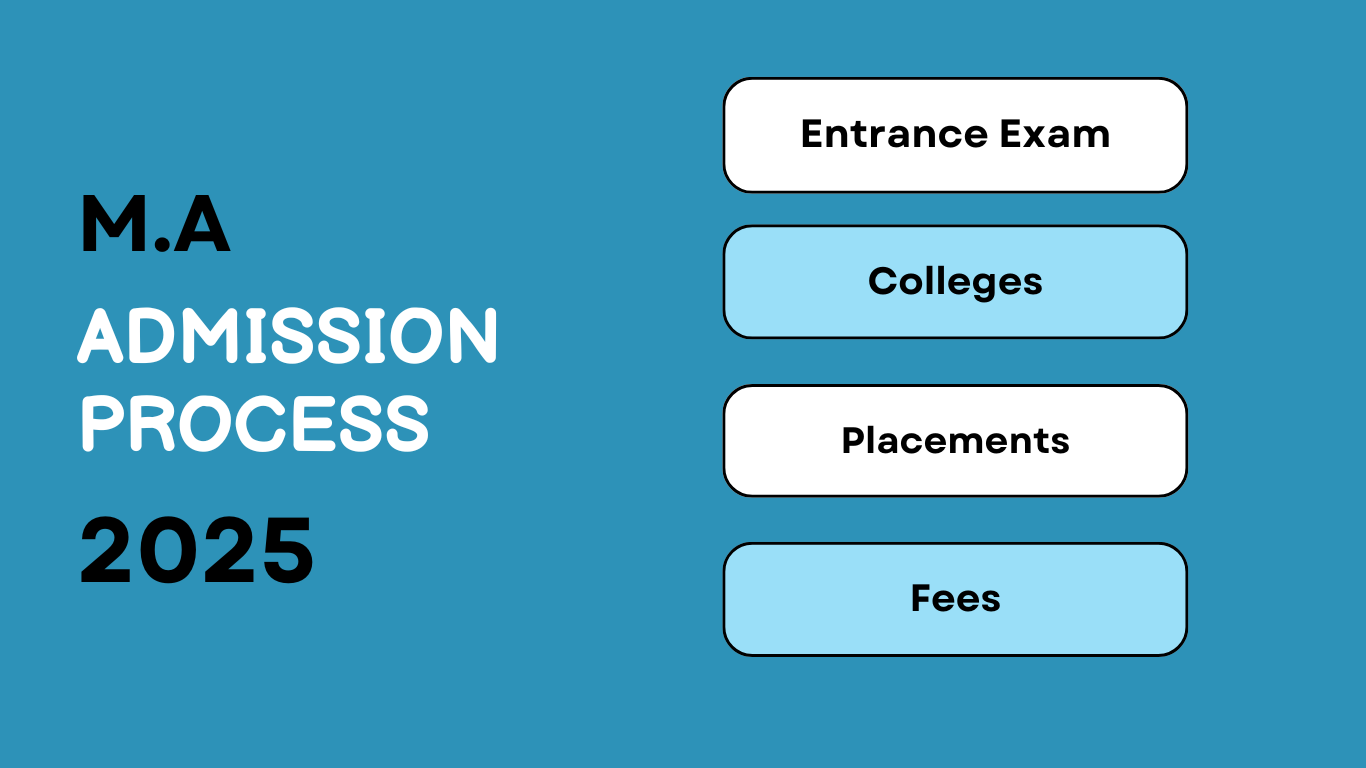
Steps to Apply for MA Course Admission 2024
The admission process for MA courses is based on either
merit or entrance examination. Accordingly, the
MA application process also differs. Nevertheless,
students can apply online to their selected MA
colleges. Applicants have to log on to the official
website of their respective universities to fill up
an online application form for applying to MA courses.
For Entrance-Based MA Admission
The procedures to apply for MA courses are detailed
below:
Step 1: Just find the MA entrance form
requirements along with deadlines provided by
different colleges and universities.
Step 2: Register for the assessment
exams for entrance to the MA colleges and
universities of choice.
Step 3: Once approved, save the
application process for future reference. Also,
keep an eye on the exam or the university's official
website for admission and other important
notifications.
Step 4: Upon successfully passing
the MA admission test, applicants fill out an
application form for their intended university where
their previous educational information, examination
result details, and entrance test results are mentioned.
Step 5: Applicants who satisfy all
the criteria determined by the university are
eligible to participate in the counselling, if any,
conducted for finalizing the admissions.
Step 6: Last but not least, after
the counselling session, the candidates must pay
the entrance, comprising course fee to this university,
for enrollment to MA.
For Merit-Based MA Admission
The candidates aspiring to get admitted to MA of this
university can apply through the following process:
Step 1: Online MA Admission
Application Form.
Step 2: Deposit the registration
fee and any other fees, as mentioned therein, only
if you are selected on purely merit-based criteria.
Step 3: Only shortlisted applicants
shall be called for the subsequent rounds of
the selection process, including individual interviews
or counselling.
Step 4: On selection, the candidate
will be required to deposit the requisite
documents and the fees to be notified for confirming
admission to the MA course.
Desired Skills For MA Course
Students at the undergrad level must have a few skills
that would place them amongst the best in the
field, similar to other professional and postgraduate
courses offered all over the country. These skills
not only improve a graduate's employability but also
help candidates understand the respective fields
much better. The following are some required skill sets
for MA courses that students should have.
- Excellent communication skills
- Time management skills
- Critical and analytical thinking skills
- Good people management skills
- Technical skills in the respective fields
- Problem-solving skills
- Presentation skills
While students can learn these skills while studying for
their desired MA courses in India, it is
preferable to learn them before enrolling in the
programme. These abilities are required for a lucrative
career path and advancement up the career ladder.
